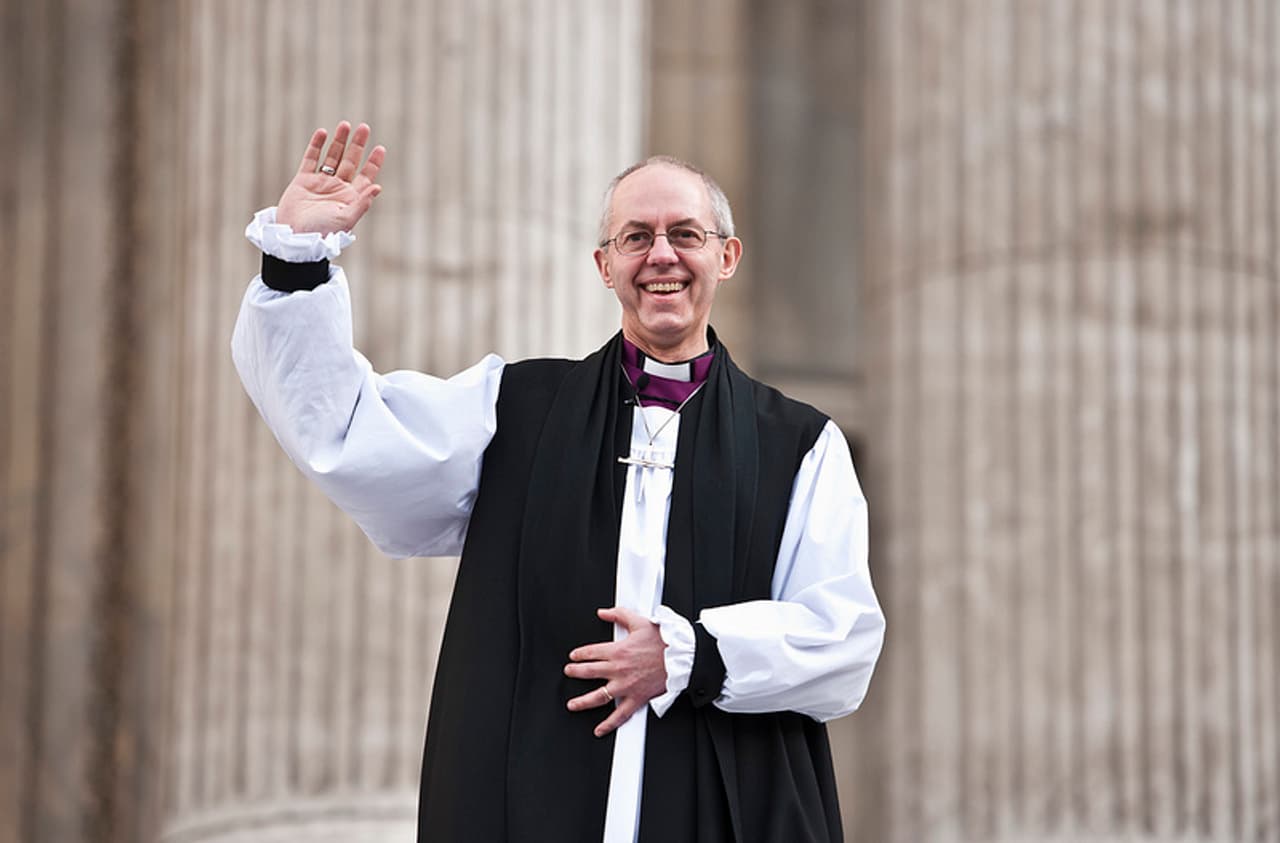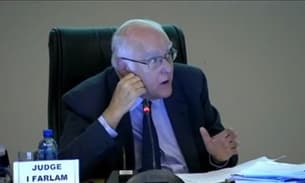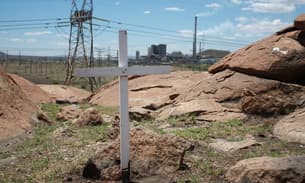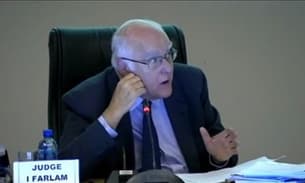
Concerns among Lonmin shareholders as Bureau releases investigation
Lonmin’s shareholders include the Church of England Commissioners
British shareholders in the platinum mine company, Lonmin, including the trade union UNISON and the Church of England, have expressed concern about the company’s handling of a strike last year which ended in a massacre in South Africa.
Research by the Bureau of Investigative Journalism found close cooperation between the London-listed company, the South African police and the African National Congress in the events leading up to, and during violence in August 2012, when 34 striking miners were shot dead by police. The bloodyevents at the Marikana mine represented the worst violence in South Africa since apartheid. There is no suggestion that the company or the police knew of or planned the shootings.
UNISON, Britain’s biggest trade union, holds shares in Lonmin through its pension scheme. Trustees of the scheme said they will bring up the findings at a meeting with fund managers next week and will challenge the Lomin board about the events at Marikana.
“We thank the Bureau for bringing this investment to light and we will be asking what the fund managers have done to investigate this issue and to challenge the company over its responsibilities,’ a spokesperson said.
‘We will also be working with other institutional investors [including other UK unions] to hold the company to account; if that does not lead to a satisfactory outcome we will look at other solutions including disinvestment,’ she added.
Related article: Questions raised about role of British company in South African mining massacre
Along with UNISON, both the Church Commissioners and the Church of England Pensions Board are shareholders in Lonmin. The church’s shareholding are worth £704,000 at current market rates.
Following the events of Marikana the Church’s Ethical Investment Advisory Group (EIAG) wrote to Lonmin to express its concern about labour relations at Marikana and then followed up with a meeting in March of this year.
A spokesperson from the Church said that in that meeting ‘the company recognised that the employment model at Marikana – with large numbers of migrant labourers living off-site – was not working. It explained that it was actively looking into new employment and housing models.’
The Church declined to comment on the co-operation between Lonmin and the police in attempts to break the strike, but said they had another meeting with Lonmin planned and would ‘follow developments and continue to engage with the company as appropriate.’
A commission of inquiry was set up to investigate the massacre, but as yet Lonmin, which has its registered headquarters in leafy central London as well as offices in Johannesburg, has not been called to explore its part in the story.
The Bureau’s six month investigation found that:
* Lonmin officials and police planned to break the strike decisively after first discussing the ‘political connotations’ . A transcript of a secret meeting that took place two days before the massacre shows the group discussing the rise of a new mining union, and the political impact of a previous strike;
* analysis of statements, commission testimony and unaired recorded footage shows Lonmin’s 500-strong private security personnel worked closely with the police. The security team supplied CCTV surveillance, helicopters, jail cells and ambulances to the police operation;
* a photographed plan from the police’s operational command centre appears to show Lonmin security were armed with live ammunition and deployed around the site on the day of the massacre, though there is no evidence to suggest they were actively involved in the shootings;
* evidence from a series of letters and emails reveals top Lonmin executives lobbying politicians and police chiefs to increase police presence at the mine;
* the London listed company was facing intense financial pressures in the months leading up to the massacre, with profits and production down. Any work stoppages threatened the company’s bank covenants which were linked to profit margins and were due to be tested in September 2012.
Lonmin declined to comment on the allegation that they met with police to plan how to break the strike, saying they have committed to waiting for the findings of the official commission of inquiry into the events. The Farlam Commission, set up to explore the massacre, has faced severe delays but is due to finalise its findings in April next year.
This story was published in the Observer newspaper.




